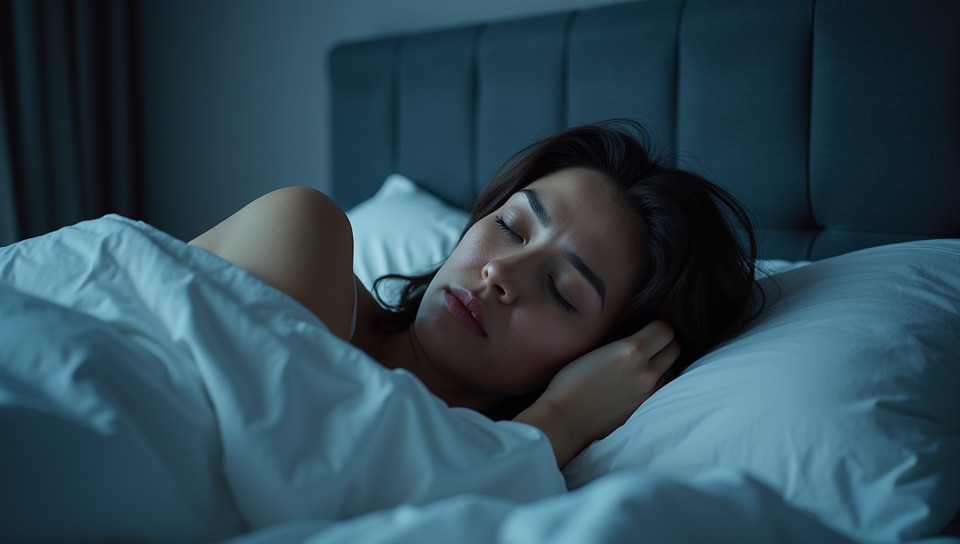Lack of sleep is linked to anxiety disorders 74%

The Sleep-Anxiety Connection: Why You Need to Prioritize Your Rest
Do you often find yourself lying awake at night, worried about the next day's tasks or replaying past conversations in your head? If so, you're not alone. Millions of people worldwide struggle with anxiety disorders that are deeply intertwined with sleep deprivation.
The Sleep-Anxiety Cycle
Lack of sleep can exacerbate anxiety symptoms, making it difficult to fall asleep and creating a vicious cycle. When we don't get enough rest, our brain's stress response is triggered, releasing hormones like cortisol and adrenaline. These chemicals make us feel alert but also amplify anxiety symptoms, such as racing thoughts and an increased heart rate.
The Impact on Mental Health
Research has consistently shown that sleep deprivation can contribute to the development of anxiety disorders, including generalized anxiety disorder (GAD), panic disorder, and social anxiety disorder. A study published in the Journal of Clinical Psychology found that individuals with insomnia were more likely to experience anxiety symptoms than those without sleep disturbances.
The Risks of Chronic Sleep Deprivation
Chronic sleep deprivation can have severe consequences on mental health, including: - Increased risk of developing depression - Impaired cognitive function and memory - Weakened immune system - Poor concentration and decision-making skills
Breaking the Cycle: Prioritizing Sleep for Anxiety Relief
Fortunately, there are ways to break the sleep-anxiety cycle. Establishing a consistent sleep schedule, creating a relaxing bedtime routine, and avoiding screens before bed can help improve sleep quality. Additionally, practicing relaxation techniques like meditation, deep breathing, or yoga can reduce anxiety symptoms.
Conclusion
The link between lack of sleep and anxiety disorders is undeniable. By prioritizing rest and addressing underlying sleep disturbances, individuals can alleviate anxiety symptoms and improve overall mental health. Remember, taking care of your sleep is not a luxury – it's a necessity for maintaining good mental health.
- Created by: Veronika Lysenko
- Created at: Oct. 13, 2024, 10:32 a.m.
- ID: 12354








